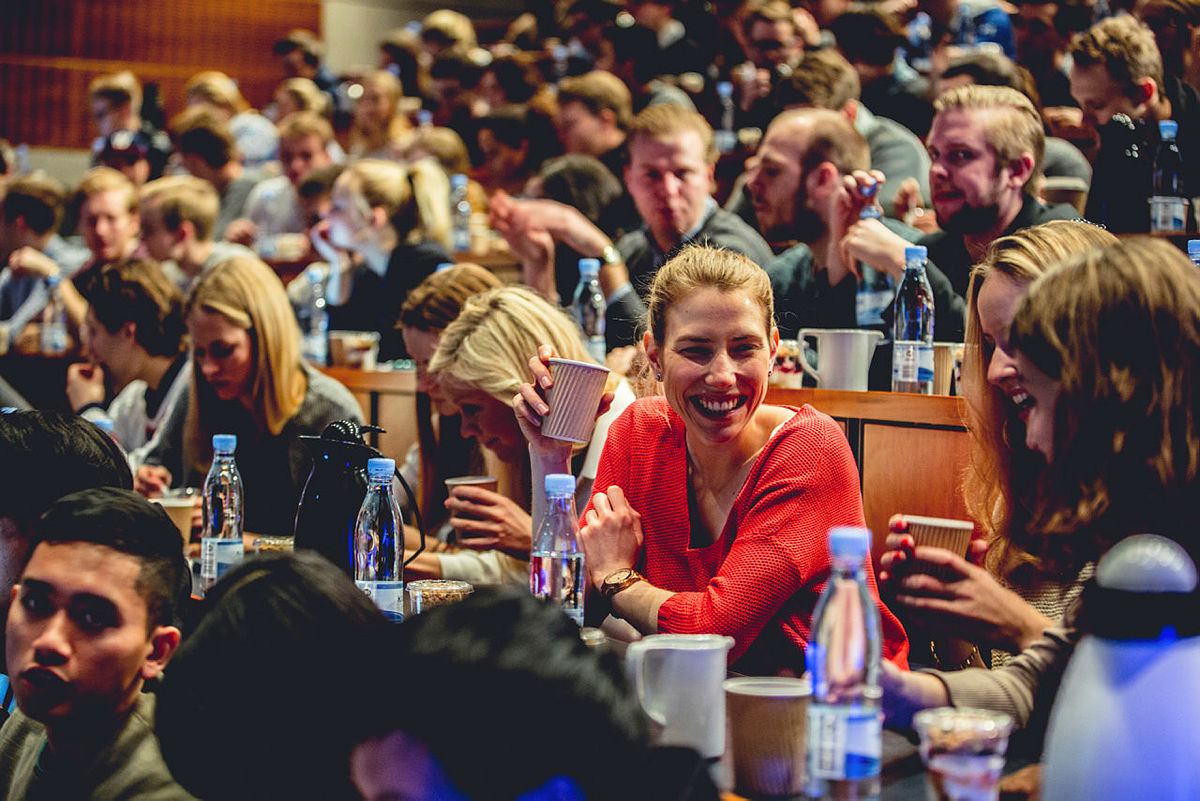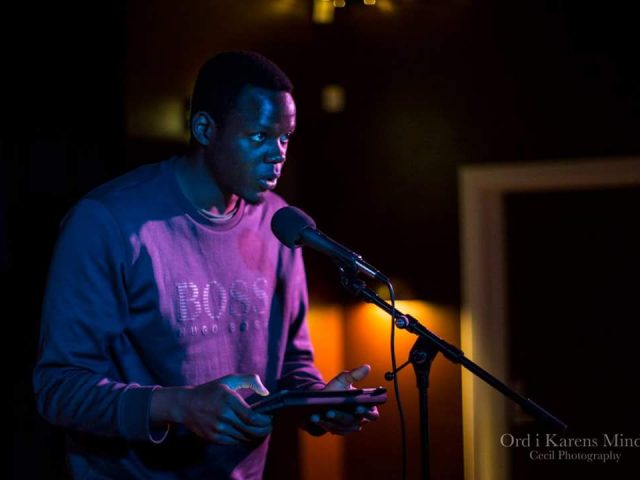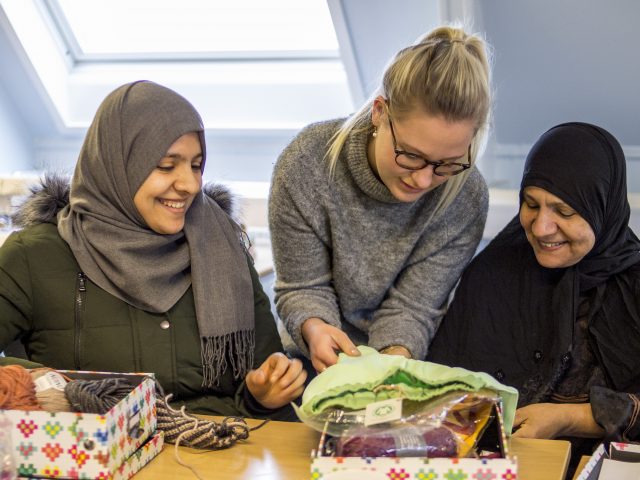Should there be case solving in the curricula?

(Photo: Jørn Albertus)
Week 9 is upon us. Two CBS students, Jeppe Tranekær and Mathias Bohn, who are heavily involved in the case competition, Janie Huus Tange, Head of Business Relations and Career Services, and the co-founder of Qvartz, Hans Henrik Beck, all agree that case solving skills are indispensable, and should extend far beyond week 9. What do you think?
Women and men competing in this year’s CBS case competition will gain some unique skills related to identifying a problem, coming up with a smart way to solve it, and then presenting the solution.
However, only a few of CBS’ 23,000 students will acquaint themselves with the solving of the case. And that is stupid, argues Mathias Bohn, International Business and Politics student, first president and current board member of CBS Case Club.
“In my opinion, it’s completely nuts that CBS doesn’t focus more on case solving skills in general. At Harvard, they have more case based teaching, and at the University of Melbourne they have an entire course focusing on case solving. To me, it seems like there is a huge demand both from students and companies,” he says.
As a testament to his beliefs, Mathias Bohn, along with a group of CBS students, founded CBS Case Club in spring 2017. They introduce students to case solving and the case competition through workshops. In the autumn of 2017, they had 150 students applying for their Talent Academy, and 60 were handpicked for the program. This spring, they had 270 applicants, and 100 of those have been chosen to follow the program.
I think there is something unique and nice about student-driven initiatives, which the students themselves can choose
Jeppe Tranekær, leader of OPEN
Janie Huus Tange, Head of Business Relations and Career Services, has recently become one of two coaches for CBS’ case teams. She hopes that the new Dean of Education at CBS, Gregor Halff, who will take up the position on the 1st of April, can help introduce more case solving into the curricula.
“Case solving is about applying your knowledge to a specific case, and thereby make it more concrete. The students get a good feeling of how to make use of what they have learned. It could, therefore, be great to introduce case solving into the curricula,” she says and continues:
“CBS’ main goal is to produce graduates who can solve problems in the business sector, and case solving is exactly about that. We believe that CBS can help teachers develop more cases in both Danish and for Nordic SMEs as well as teaching more case solving as a part of the curriculum. These are areal that we will discuss with the new dean of research, Gregor Halff who is already very interested in case solving and case competitions. I can’t see why it shouldn’t happen.”
The main partner of this year’s CBS Case Competition is the consulting company, Qvartz. And to them, skills such as team work and problem identification, some of which the students learn through case solving, are crucial to be part of Qvartz.“Our job is basically a continuous case competition. Our business is built around the case competition concept. Besides participating in the CBS Case Competition, we also use it as a part of our job interview process to find the right person,” says Hans Henrik Beck, Founder and Managing Partner of Qvartz and adds:
“It will increasingly be a determining factor to be able to engage as a collective of other people. A team can achieve something that the individual can’t.”
Case solving through student driven initiatives
Jeppe Tranekær, leader of the CBS Case Competition OPEN and second year student of HA Pro, has no doubts that the skills the students acquire by doing case competitions are skills that are valuable to all and later in life as well.
That is why CBS Case Competition also hosts a case competition in which you do not have to be specially invited – CBS Case Competition OPEN. You can just sign up with a team of four, and then you get 22 hours to solve the case. Afterwards, you get feedback about your solution.
CBS’ main goal is to produce graduates who can solve problems in the business sector, and case solving is exactly about that
Janie Huus Tange, case team coach
“Solving cases gives you tools that you don’t get from normal lectures, and the tools are also relevant for students who don’t compete in case competitions. So, it makes good sense to make case solving and case competitions available to more people,” he says.
Jeppe Tranekær has not tried solving a case on the same scale as the cases presented at case competitions, only smaller ones
“We have had smaller cases as part of our lectures, but you don’t go in depth into how to solve a case properly with tools. Even though it would be of great use to have those tools,” he says.
But even though Jeppe Tranekær thinks that all students could make use of case solving skills, he is a little in doubt whether it should be a part of the curricula.
“It would be easy to demand more case solving in the curricula, however, I think there is something unique and nice about student driven initiatives, which the students themselves can choose,” he says.

































































































































Comments